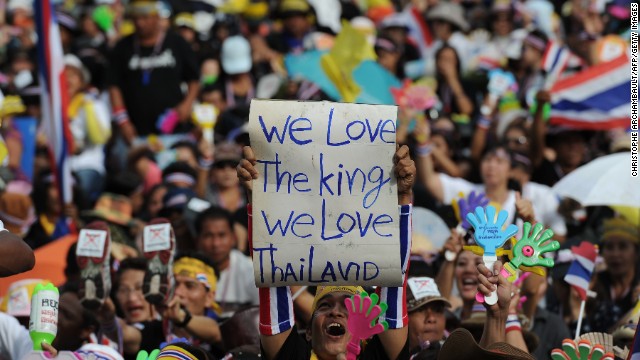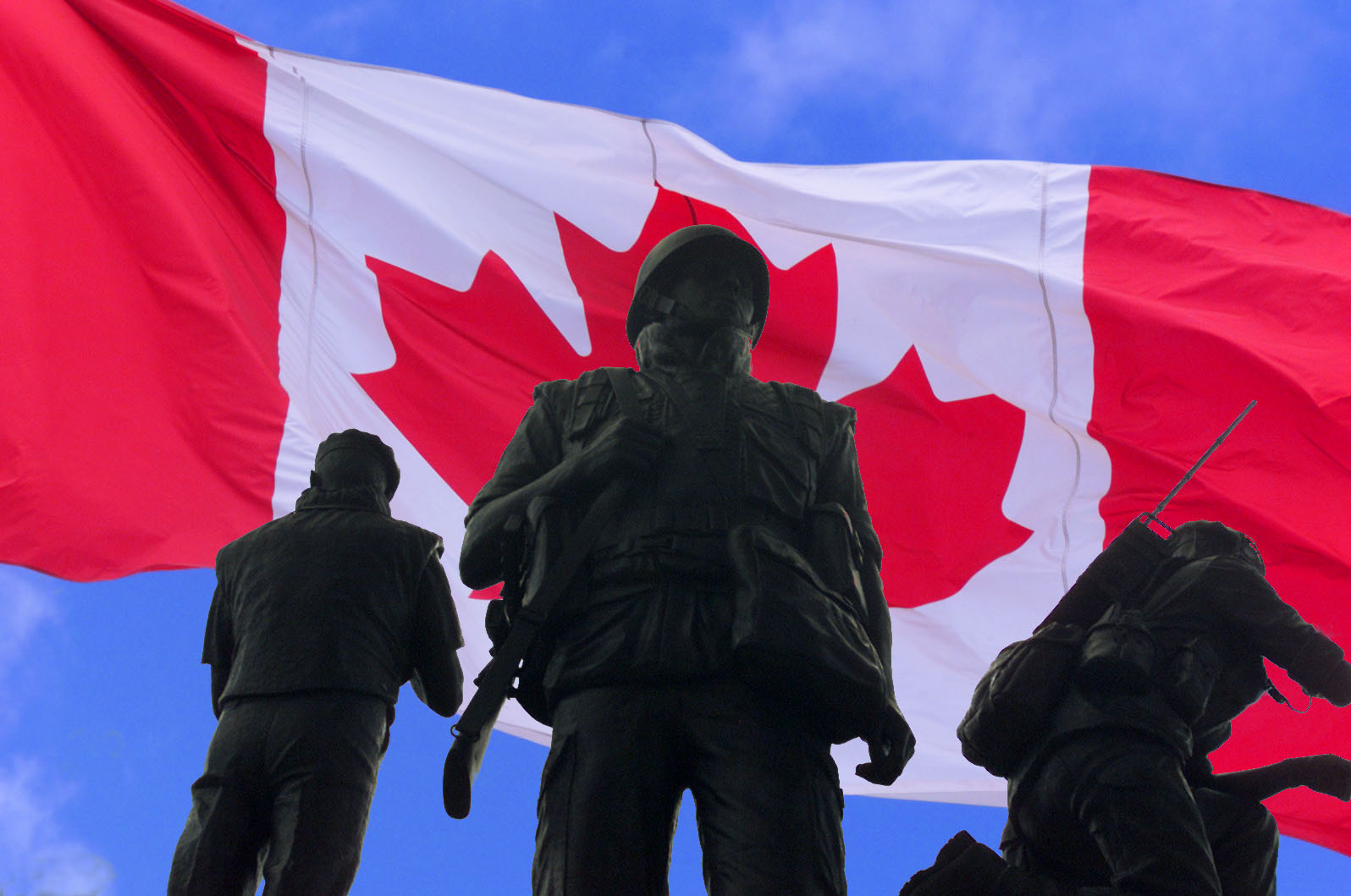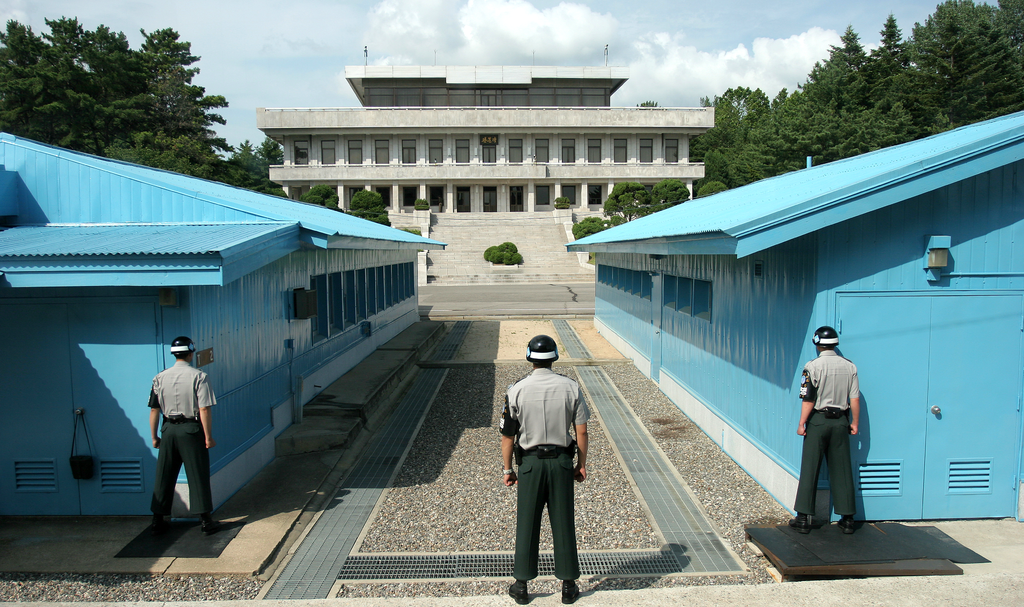The concept of the security dilemma is a key part of the realist school of international relations thought, as it describes one of the main sources of tension between states. In the absence of mind-readers, the intentions of other states and their leaders are never fully clear – one can never be sure whether they are hostile or not. Therefore, actions that states take to increase their own security may be interpreted as aggressive by rivals, who may be forced to respond to the threat by making their own preparations. This vicious cycle ultimately leads to no increase in security for either state and can lead to conflict.
Vladimir Putin’s recent actions in Ukraine have placed NATO in its own security dilemma. By undoing the norm against inter-state military action and annexations in Europe that implicitly threaten NATO member-states in the Baltics, while implementing an ambitious modernization of Russia’s armed forces, Putin has dramatically altered the European security landscape. This has, to a certain extent, caught NATO on the back foot. Having spent more than a decade on counter-insurgency and humanitarian intervention, the Alliance is not well-prepared to confront a modern conventional threat like Russia.
This state of affairs was sharply criticized by a recent report from the British Parliament’s Defence Committee. The existence of this report is a testament to the extraordinary situation we are in, as a UN Security Council member state published a 30-page report entirely dedicated to the threat posed by another member state. Published ahead of next month’s NATO summit in Wales, and also to inform the UK’s 2015 Strategic Defence and Security Review, the report is a censure on NATO’s ability to confront Russian aggression and makes a number of recommendations to improve it.
 These recommendations are based on two realities that the report highlights. First, the Defence Committee argues that in the event of a Russian attack on the Baltic states, NATO would, at present, be likely be unable to mount much of a response, and the small countries could be over-run in a couple of days. In the view of the Committee, this weakness only makes a conventional attack more likely, so they recommend positioning both troops and equipment in Eastern Europe to enable a rapid response to aggression and ideally deter threats before it happens.
These recommendations are based on two realities that the report highlights. First, the Defence Committee argues that in the event of a Russian attack on the Baltic states, NATO would, at present, be likely be unable to mount much of a response, and the small countries could be over-run in a couple of days. In the view of the Committee, this weakness only makes a conventional attack more likely, so they recommend positioning both troops and equipment in Eastern Europe to enable a rapid response to aggression and ideally deter threats before it happens.
Secondly, the afore-mentioned move away from considering inter-state warfare a priority has left NATO ill-prepared for it. The report gives the comparative examples of recent military exercises conducted by Russia and NATO in 2013. NATO’s “Steadfast Jazz” involved about 6,000 troops, while the Russian exercise, “Zapad,” mobilized some 70,000 troops, a marshalling of forces not practised by NATO for decades. This lack of preparation both makes a confrontation more possible and weakens NATO in the event of one, so the Defence Committee recommends large-scale exercises by the UK and all NATO member-states.
Naturally, what the British Defence Committee conceived as moves to defend NATO, Vladimir Putin took as aggressive moves to encircle and contain Russia. This is the nature of the security dilemma, and it is, to a certain extent, unavoidable. Even Russia’s actions in Ukraine were, in the eyes of Russia and its defenders, defensive. Russia argues that NATO has been trying to encircle them since the end of the Cold War. This suggests that efforts to include Russia as a partner in initiatives like the Partnership for Peace or the NATO-Russia Council were insufficient. While similar attempts to reassure Putin that NATO would welcome a peaceful Russia as an ally should continue, this cannot be at the expense of a credible defence of NATO’s borders.
Undermining the Article Five commitment to defend the Baltic states would put NATO’s purpose in serious question, as well as enabling further Russian aggression. So while the UK Parliament’s report is bold, and perhaps provocative, it must ultimately be welcomed.




